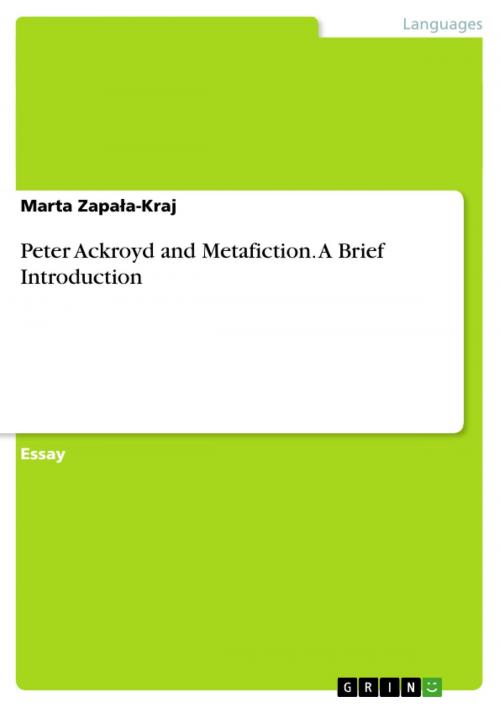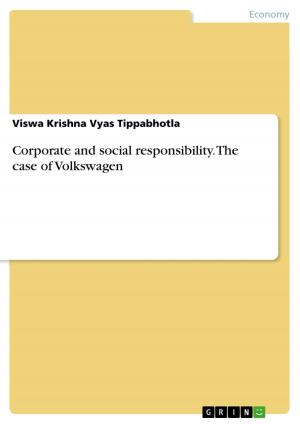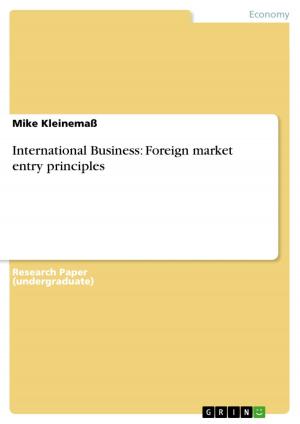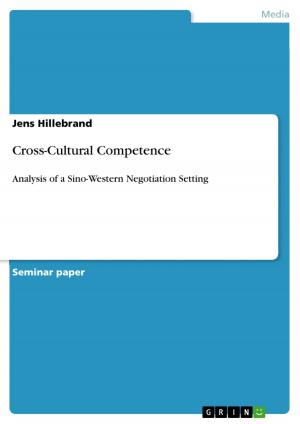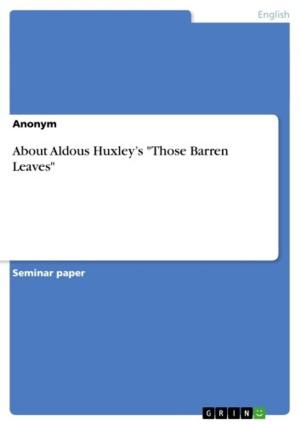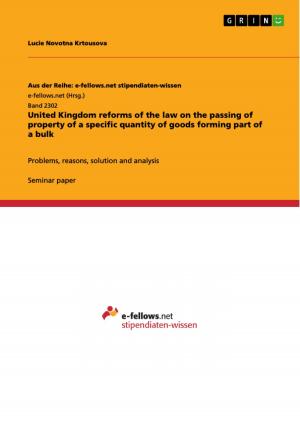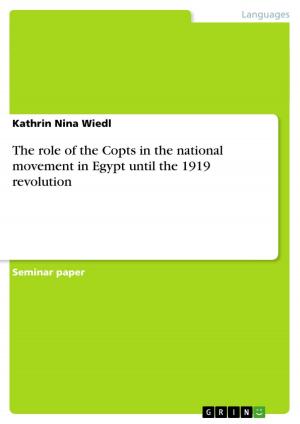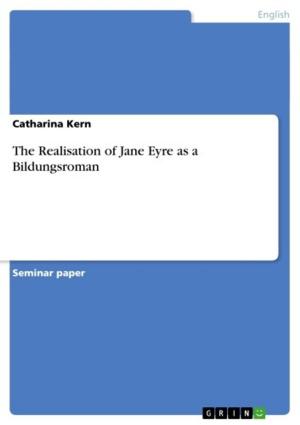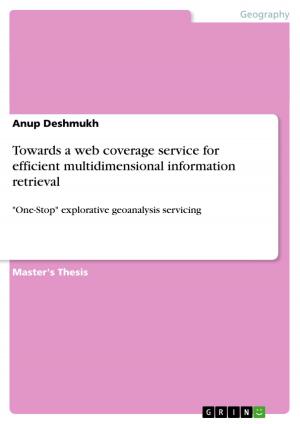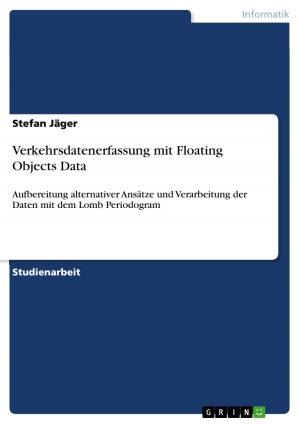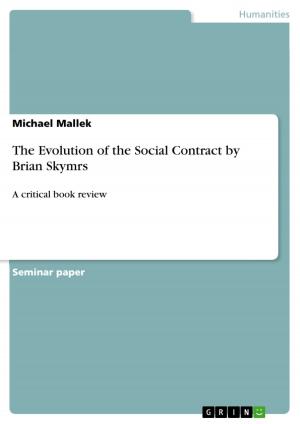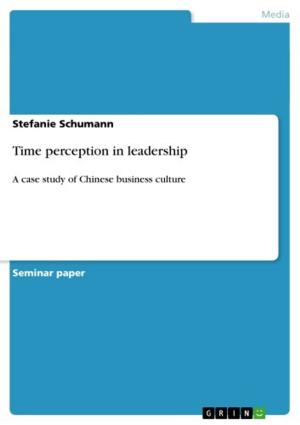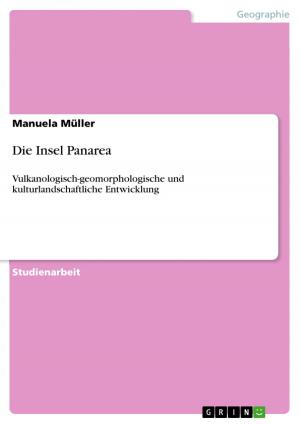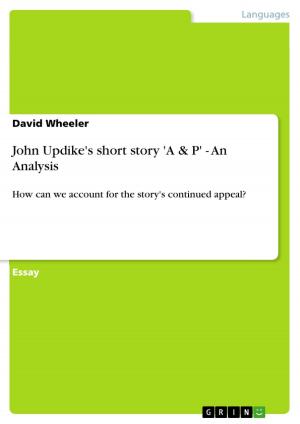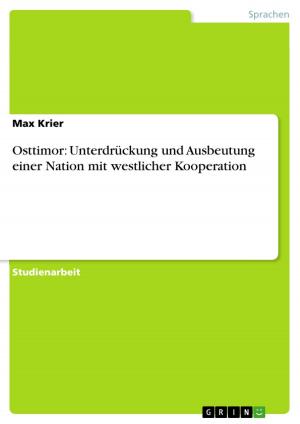Peter Ackroyd and Metafiction. A Brief Introduction
Fiction & Literature, Literary Theory & Criticism, British| Author: | Marta Zapa?a-Kraj | ISBN: | 9783656885993 |
| Publisher: | GRIN Publishing | Publication: | January 28, 2015 |
| Imprint: | GRIN Publishing | Language: | English |
| Author: | Marta Zapa?a-Kraj |
| ISBN: | 9783656885993 |
| Publisher: | GRIN Publishing |
| Publication: | January 28, 2015 |
| Imprint: | GRIN Publishing |
| Language: | English |
Essay from the year 2015 in the subject English - Literature, Works, grade: 5.0, , language: English, abstract: Peter Ackroyd was born in London in 1949 and educated at St. Benedict's School, Ealing. He graduated from Clare College, Cambridge and then won a research fellowship to study at Yale University from 1971-73. He was awarded the Whitbread Prize and the Guardian Fiction Prize. Described as one of the most original 1980s British writers, Ackroyd was compared with novelists such as Salman Rushdie or Jeanette Winterson. Modestly, Ackroyd considers his output, which includes poetry, biographies, and novels simply as 'writing', being the result of the simple creative impulse. 'One can [...] assume that unlike any piece of fiction, metafiction is fiction about fiction, i.e. fiction which self-consciously reflects upon its own nature, its modes of production, and its intended effect on the reader.'
Essay from the year 2015 in the subject English - Literature, Works, grade: 5.0, , language: English, abstract: Peter Ackroyd was born in London in 1949 and educated at St. Benedict's School, Ealing. He graduated from Clare College, Cambridge and then won a research fellowship to study at Yale University from 1971-73. He was awarded the Whitbread Prize and the Guardian Fiction Prize. Described as one of the most original 1980s British writers, Ackroyd was compared with novelists such as Salman Rushdie or Jeanette Winterson. Modestly, Ackroyd considers his output, which includes poetry, biographies, and novels simply as 'writing', being the result of the simple creative impulse. 'One can [...] assume that unlike any piece of fiction, metafiction is fiction about fiction, i.e. fiction which self-consciously reflects upon its own nature, its modes of production, and its intended effect on the reader.'
